How do I send a letter to the editor?
To share your thoughts with our editorial team about anything you have read in Jom, please e-mail sudhir@jom.media and include your full name and city where you’re based. Letters may be edited for length and clarity. Any letter to this address will be considered for publication in Jom so please let us know if you would prefer your comments not to be published.
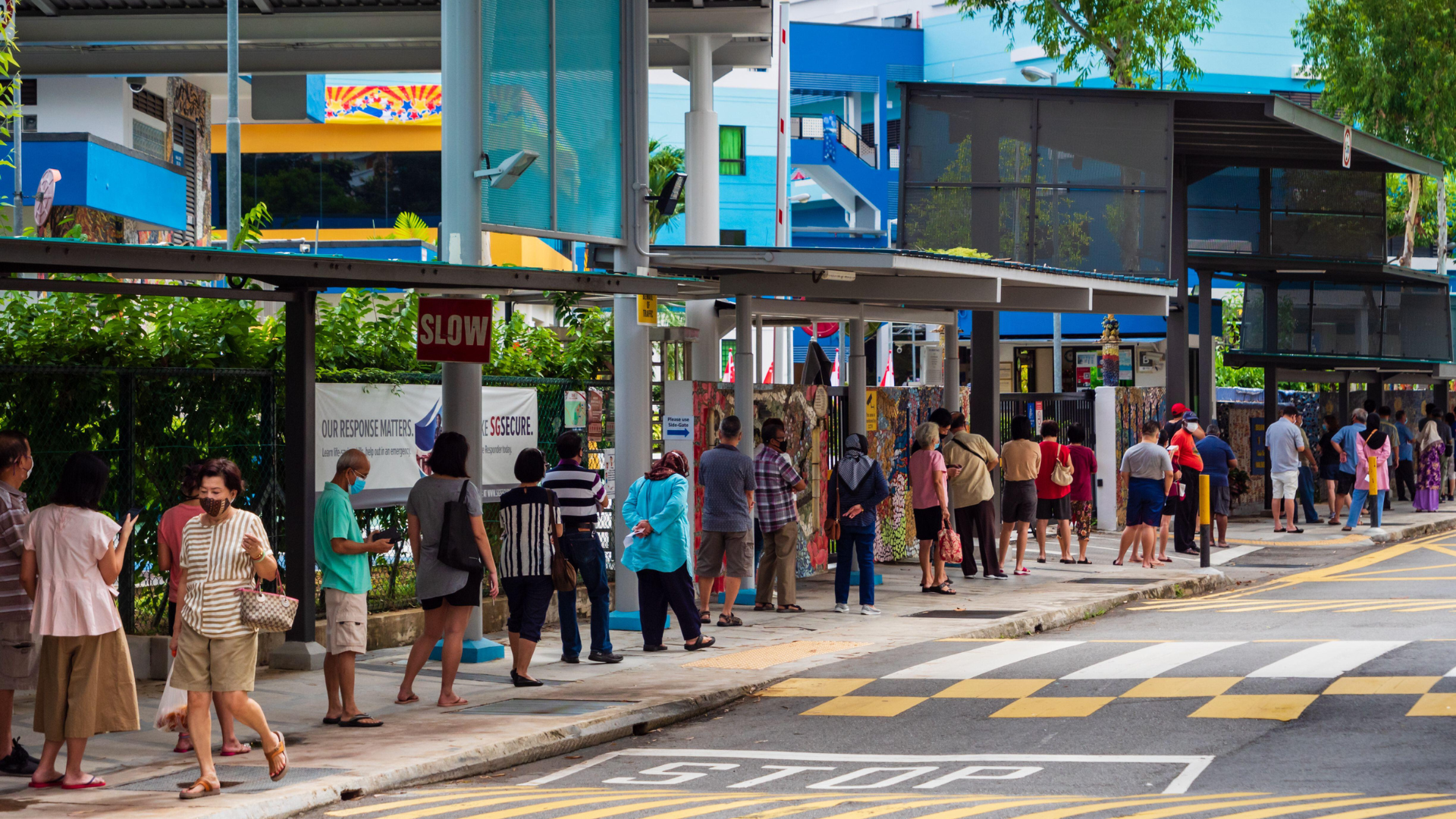
The following letters are responding to “Should Singaporeans vote for a stronger opposition?”, May 31st, 2024
Harpreet Singh Nehal’s “Should Singaporeans vote for a stronger opposition?” resonated. The phrase that best describes the government’s approach is what Gen Z calls Main Character Energy. The establishment finds it hard to conceive of a Singapore outside of itself. There are better ideas and solutions out there. And yet, because any private enterprise, NGO or other non-state actors must first anticipate the government’s reactions, it is by the government’s yardsticks and blessings that they seem to operate. And despite consultation exercises, it is not clear that the government has enough experience, or reflexivity, to effectively work with them.
There is also a sameness these days to national media, government, and PAP press releases. I miss the old Straits Times editorials. Insightful and intensely anxious about our wellbeing. Rarely obsequious. Jom is, of course, a breath of fresh air, while CNA produces the occasional high-quality output.
The government’s response to criticism does not convey intellectual humility. It either goes into “explanation” mode–surely the average citizen cannot understand a complex policy–or, simply, “you think we haven’t considered all possibilities; come up with something better.” The previous generations had more humility: it remains to be seen whether Lawrence Wong does. Many of his contemporaries do not. For example, I disagree with much of what Leong Mun Wai says, but still dislike how many in the ruling party respond to him.
In gaming lingo, Singaporeans are often made to feel like Non-Player Characters. Land policy is illustrative. The Government retains absolute discretion to redevelop secondary forests. It continues to develop built-up areas, despite all the hype about the environment and climate change. When I expressed concern regarding the razing of a nearby forest with my PAP MP, he condescended to me about the importance of housing. As if I, a young Singaporean, did not know this.
Criticism here is often cast as “troublemaking”. I feel this tendency has worsened, after an optimistic uptrend in the mid-2010s. If I am not going to be heard as a middle-ground voter, if I am going to read another laudatory article that doesn’t match my observations, then maybe objective criticism as “troublemaking” is necessary to ensure a better future for a country that I care so much about.
Anonymous (name withheld as requested), Singapore
(Note: Jom agrees with this letter writer’s need for anonymity, because of their ongoing engagement with a government agency.)
Harpreet Singh’s piece provides much food for thought; he argues more Singaporeans should vote for the opposition. I agree with the piece and the sentiment behind it.
Unfortunately, to some extent I believe it doesn’t matter what Singaporeans decide. Citizens here consistently vote 30-40% for an opposition presence, but this never gets reflected in our political set-up. So, deeper questions should also be asked: How fair is this system of representation? Opposition presence is beneficial, agreed—how do we achieve this within the constraints posed by our electoral system? Even if the vote share was split 50-50, the ruling party’s super-majority may survive.
Many Singaporeans I’ve spoken to think we’re democratic enough because we have elections; period. This is a common sentiment. There are scholars who defend the elements of our current electoral system or think it is a sufficient vehicle of representation. But this rhetoric should be challenged. We need to ask more fundamental questions about the nature of our political system. What should a free and fair election look like? Does the electoral system in Singapore reflect the will of the people? At what point is an election a foregone conclusion? At the very least, citizens should be aware that given the context, proportional representation is a (perhaps more credible) alternative.
Pradeep Krishnan, St. Gallen, Switzerland
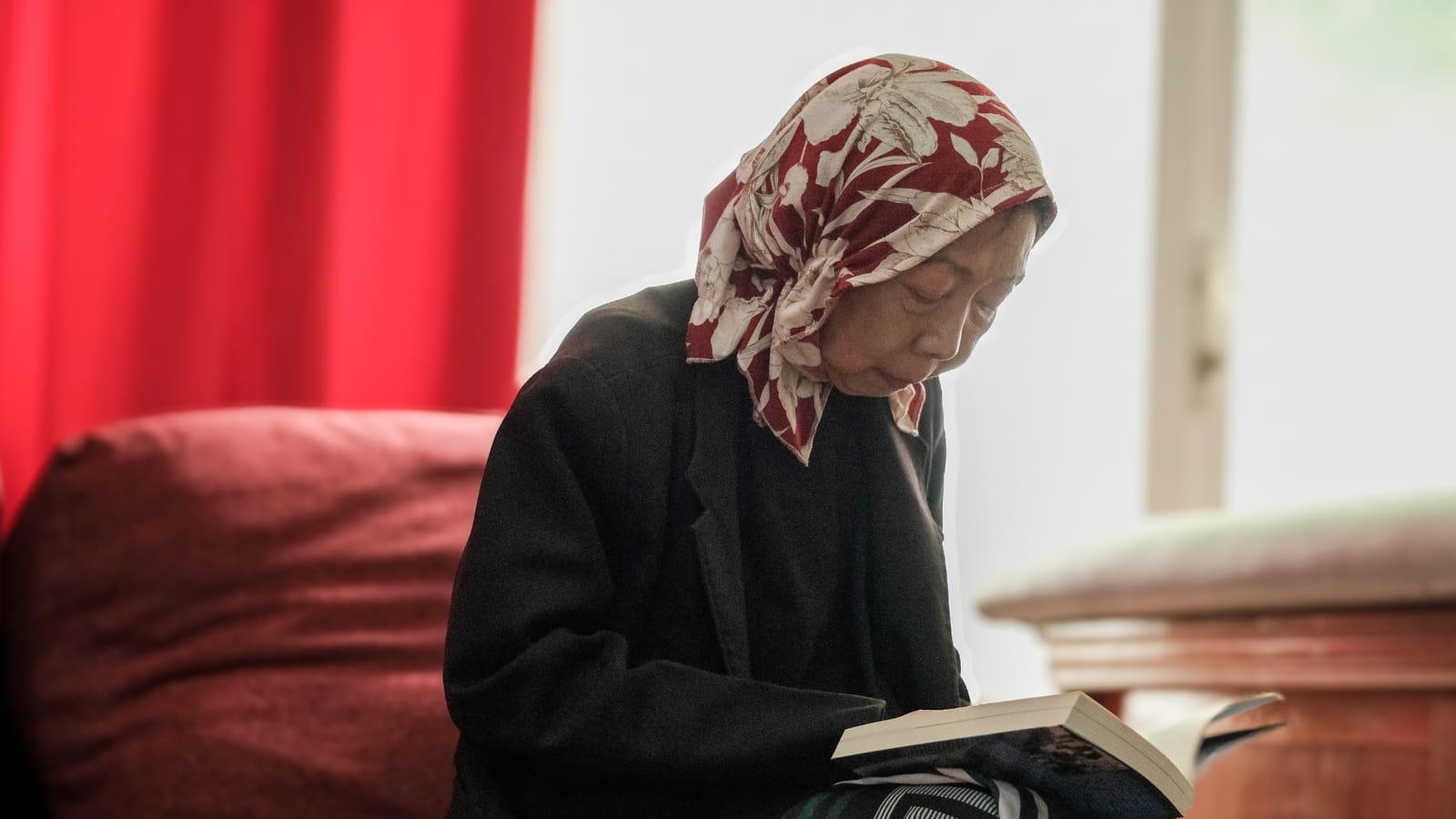
Jom’s report on Dr Ang’s presentation at the Singapore Island Country Club originally omitted to mention that in 2014 Dr Ang shared an antisemitic video about “CNN, Goldman Sachs, and the Zio Matrix” by the neo-Nazi leader of the Klu Klux Klan, David Duke. This raises the question of what exactly Dr Ang thinks “actually happened on 7 October 2023”, and whether the content of the link amounted to conspiracy theorising.
I do not mention this to detract from the quite extraordinary courage Dr Ang has displayed in her humanitarian work with Medical Aid for Palestinians, and I am glad that there is some space in Singapore to openly discuss the Israel–Hamas war and the wider conflict.
Rather, the incident serves as a reminder that the historically pro-Israeli leanings of Singaporean public and elite opinion and the general paucity of antisemitism in Singaporean history are at best imperfect barriers to antisemitism. Most people of good will, of whatever opinion, seek to distinguish and separate antisemitism from reasoned accusations against the Israeli government. (By “reasoned” I do not mean “moderate”—Jom’s piece on accusations of genocide is a good example.) To effectively make such a distinction, it is not enough to syllogistically repeat that antisemitism is racism and therefore bad; critical evaluation of whether particular material contains antisemitic ideas is necessary. Of that, I am sure that Singaporeans will prove most capable.
J P Loo, Oriel College, Oxford
Responding to “‘You will know what to do’: Ang Swee Chai’s urgent message”, April 19th 2024
Editor’s note: Following a conversation with Loo, we’ve added in the below paragraph, as well as an amendment notice at the end of the essay. Also, contrary to what we assumed in our e-mail newsletter of April 26th 2024, Loo is not a Singapore citizen. He actually left here when he was young for the UK, which is where he resides.
In 2014, she faced accusations of antisemitism, after it emerged that she had forwarded via e-mail a video titled “CNN, Goldman Sachs, and the Zio Matrix” by David Duke, a neo-Nazi and former grand wizard of the Knights of the Ku Klux Klan. She responded that she didn’t know who Duke was but was “worried” about there being any truth to the video’s claim that “Jews control the media, politics and banking”. When in Singapore, she warned us on multiple occasions about the dangers of antisemitism. “I will never say anything antisemitic. Antisemitism is racism. We are not racist.”

The following letters are responding to “I object: mental illness is not a crime”, March 28th 2024
Chan Li Shan’s “I object: mental illness is not a crime” piece about then-proposed amendments to laws regarding the apprehension of persons with mental health conditions, was a timely intervention.
I have never been arrested, even for mental health reasons. However, I have been wrestled down to my hospital bed by eight nurses and jabbed, strapped and zapped (electroconvulsive therapy) against my will. Thus, I can somewhat empathise.
Nevertheless, I appreciate the nuances that Josephine Teo, second minister for home affairs, delineated regarding the amendments that are now law, during the hours-long parliamentary debate on April 2nd.
It’s now clear to me that:
(a) The changes won’t give powers to the police to apprehend anyone with a mental health condition – just those whom the officer believes are "reasonably likely" to pose a danger to themselves or others;
(b) Officers would be held accountable for any misconduct; and
(c) These apprehensions are not arrests and won’t lead to lock-up, but rather medical care. He Ting Ru, Workers’ Party member of Parliament (MP) ensured Teo made that explicitly clear.
In reality, not everything will go as planned. Officers are human, but I have faith in them. Whenever I’ve encountered them, while well and unwell, they have been nothing but kind, professional, skillful communicators with me and all involved.
As Dr Syed Harun Alhabsyi, nominated MP and psychiatrist, said, “No meaningful medical treatment is possible without first ensuring the safety of the patient and the rescuer (whether it’s the police or family members).”
Lives are at stake.
I agree with those who’ve opined that collaboration between mental health professionals and law enforcement is ideal, but I also accept Teo’s reasonable explanations why it’s not always practical to do so. It’s good though that collaboration has already begun.
The amendments are calibrated moves that—after hearing all the clarifications to concerns like Chan’s—I support.
Eliza Thomas, Singapore
I’ve had my own experiences surrounding mental health issues. To be specific, I had the police call on me for active threats of suicide, and I just wanted to say that I’m really heartened by the existence of such fierce advocacy surrounding the changing of the Acts and what it means for police interference. During a crisis, I was questioned by police as I was dissociating / in a catatonic state. While I was being led to the police car to be escorted to the Institute of Mental Health, I think what an officer said stuck out to me: “It’s good that you’re cooperating, I don’t want to have to handcuff you.”
On the way there, the officer, who was in the backseat with me, said that what I did (attempting suicide) was illegal, and that I should be glad they weren’t pressing charges. When I asked about the decriminalisation of suicide in 2019, the officer told me that I was mistaken (lol). All this is to say that in my personal encounter with the police during a moment of crisis they had little to no experience in handling mental health crises in an appropriate or adequate capacity. I do not believe that they had undergone sufficient training to do so. (Otherwise, I’d be hard-pressed to find other reasons for the apparent callousness with which I was treated.) I do sincerely hope that the police have undergone some form of mandatory training since my attempt in 2020. While there’s greater awareness and understanding of mental health among public service members now, I’m still apprehensive about what the changes to the Acts might bring.
Anyway, I want to let Li Shan know that I really appreciate the greater attention that she’s bringing to such a crucial and often underrepresented issue. Often, people in crisis are dismissed due to their apparent mental health struggles and I’m glad that has not been the case with this essay!
Athena Thang, Singapore
(Note: Athena has previously contributed to Jom.)
I am a writer who has been grappling with bipolar disorder since 1998, and has had more than my fair share of interventions with police officers during my elevated moods. I agree with Li Shan’s objections to the proposed changes to the laws. I would like to share my lived experience and my worries and concerns for people like me—special, not criminals.
Yohanna Abdullah, Singapore
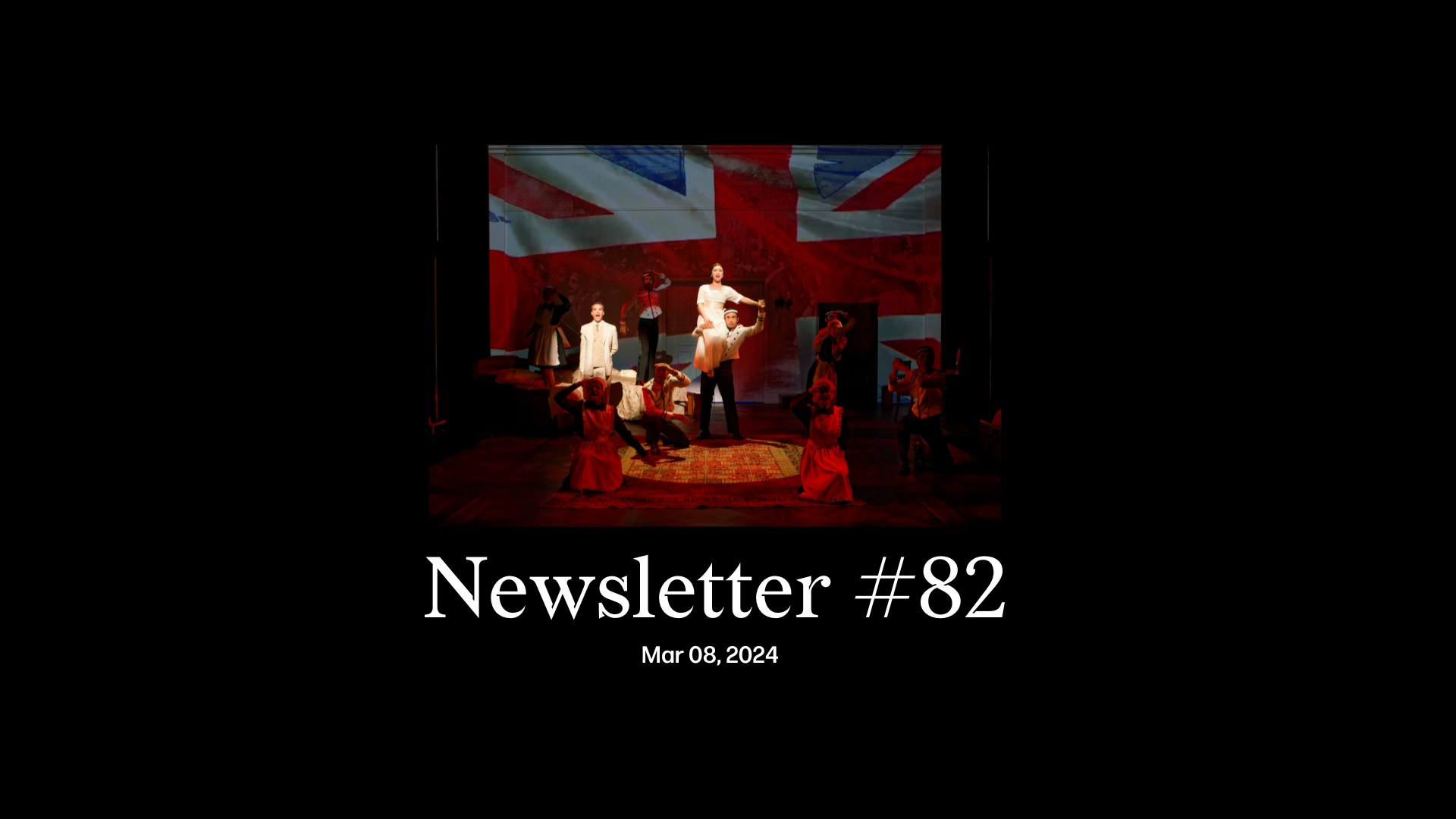
I am not a Swiftie, but enjoyed last week’s Taytay festivities as a happy and curious bystander. I wish to respond to this paragraph [in Jom’s newsletter]: “Reading this again this week, I thought of the logistics-efficiency arguments made for why Singapore supposedly hosts concerts better than our neighbours. And while I’m sure that the privileged Filipinos, Indonesians, and others in town will enjoy their privileged treatment, the way we “host” them, I couldn’t help also thinking about the structural regional inequities, and perhaps injustices, that accompany our wealth, that our politicians take such pride in, but that infuse many of us with some measure of guilt. Yes, this week, Singapore will consummately host thousands of people from across the region—because we left neighbouring Swifties with no choice but to be hosted by us.”
Why the guilt over Singapore making full use of our comparative advantage? A few weeks ago, I played host to friends from South America, and so many of Singapore’s tourist attractions are modern manicured wonders (which also frustrate many locals who lament our commercial tourism scene). Courting an international artiste to perform here struck me as a logical step to take, and a rare case of business acumen that perhaps ought to be praised! (I loved Creative products as a teenager and was sad that they stood no chance against Apple.)
Our neighbours have beautiful beaches, thousand-year-old temples and mountains and parks worth hiking—that is their comparative advantage in tourism which we do not fault them for. Thus, I am quite puzzled at this “measure of guilt”, or being apologetic in response to foreign politicians making provocative statements to garner domestic votes. A more useful line of enquiry would be whether the average Singaporean succeeded in being a gracious host. For instance, did locals offer help to lost tourists, or step in to help them take photos against interesting landmarks and backdrops? Was there pushing and jostling around the concert venue or was courteous behaviour on display? (Gosh, I sound naggy.) Given that the business contract with Swift was a done deal, the next matter that we should concern ourselves with should be the civic-mindedness and the warmth of our people—and if that were lacking, what can we do about it?
Angeline, Singapore
Responding to “Corrie Tan on Wild Rice’s ‘Hotel’”, March 8th 2024

In perhaps the most subversive way, I’ve come to realise, by observing my partner’s service in the Singapore Armed Forces (SAF), that National Service (NS) provides men in Singapore with some version of a safe space. Through the social distancing of a group that is not tied to work or family, the SAF creates a group of friends with which one can moan and gripe about their personal lives without the fear of repercussions from your social set. This group often utilises peer pressure (sometimes good, sometimes bad) to beat down any views considered extreme, checks in on each other’s physical and mental well-being, and can be called upon in times of need. This is not to say that toxic masculinity doesn’t exist within the realm of the SAF. It is however, fascinating to watch and hear of how they support and care for each other, with a thin veneer of machismo.
Johanna Pan, New York and Singapore
Responding to Tim Hill's letter and contributing to YiZhong Zhuang's point-of-view, March 15th 2024
I read the article “Boys will be boys...” and enjoyed it very much. I am writing in response to Tim Hill’s letter [below] taking exception with his assertion that toxic masculinity is necessary in the context of training soldiers to kill. I have some experience in this being an infantry officer during my NS (albeit posted to a logistics unit after finishing Officer Cadet School). In the first instance, the SAF have a primarily defensive posture, even if this involves taking offensive actions at times. As the recent Russian invasion of Ukraine has shown, having a toxic culture results in combat ineffectiveness as no one wants to point out to bullies that things like logistics, tactics, training are terrible for fear of becoming a target of bullying and harassment, leading to the embarrassingly poor combat and operational performance of the supposed “second best army” in the world. The SAF (and the Armed Forces of Ukraine, and indeed the best army in the world the US military) care about soldiers’ lives so do not expend them like material, which the Russians seem to do. Being woke and non-toxic make soldiers care about what they’re defending and each other, leading to better motivation and combat effectiveness. One only need [do a quick] Google to find subversions of the right-wing memes about the woke US Army being effete and the macho Russian army getting their butts kicked (eg., Pink US Abrams tank with pronouns “they/them”, while destroyed Russian tank being “was/were”). Toxic masculinity has no role in a progressive modern society, and I commend the SAF for taking steps to reduce it, and also the team at Jom for writing about this important piece.
YiZhong Zhuang, Adelaide
Responding to Tim Hill’s letter below, February 23rd 2024
I enjoyed the article “Boys will be boys...”, but saw a disconnect between the author’s view of the culture of NS and the requirements of the SAF. Whereas one of the side effects of NS likely is “a platform for social mixing ... to reduce societal friction”, the reality is that the army uses words like “fight”, “win” “victory” etc., in its mission statement and has different priorities. Obviously the institution of NS has to be inclusive if only to ensure that the obligation rests squarely on all (male) shoulders. However, the main objective of NS is to provide recruits for the SAF. The latter’s aim is to train young men to take lives, perhaps in gruesome hand-to-hand combat, and if required, to lay down their own lives. If you are building an effective force to do this, you would likely want as much toxic masculinity as you could get. (As a foreigner in Singapore, arriving in my 30s, I was spared the requirement to serve in the SAF, so am mindful of not having all the experiences relevant to this discussion.)
Tim Hill, Singapore
Responding to “Boys will be boys? Masculinity in Singapore's National Service”, February 16th 2024
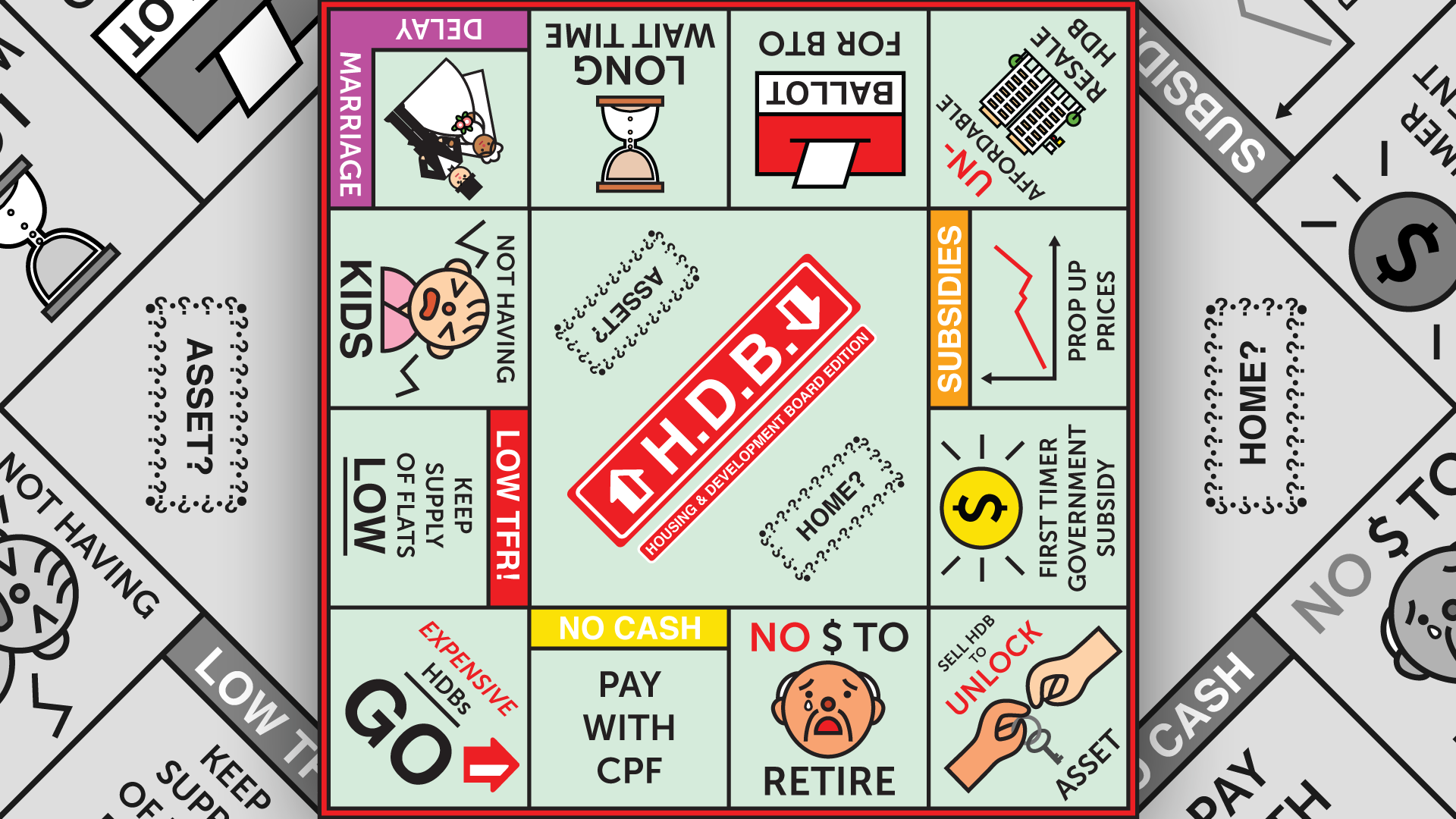
An excellent article that looks at how things got the way they are. I wonder what the effect would have been if a lower amount or percentage of the Central Provident Fund (CPF) was allowed to be used for housing back then. Would more people have bought homes that they could really “afford”? Would prices not have risen so fast (given there was not so much CPF money in the housing market).
Geoffrey Pereira, Singapore
Responding to “Affordability in the Lion City: is Singapore's public housing model built to last?”, February 9th 2024
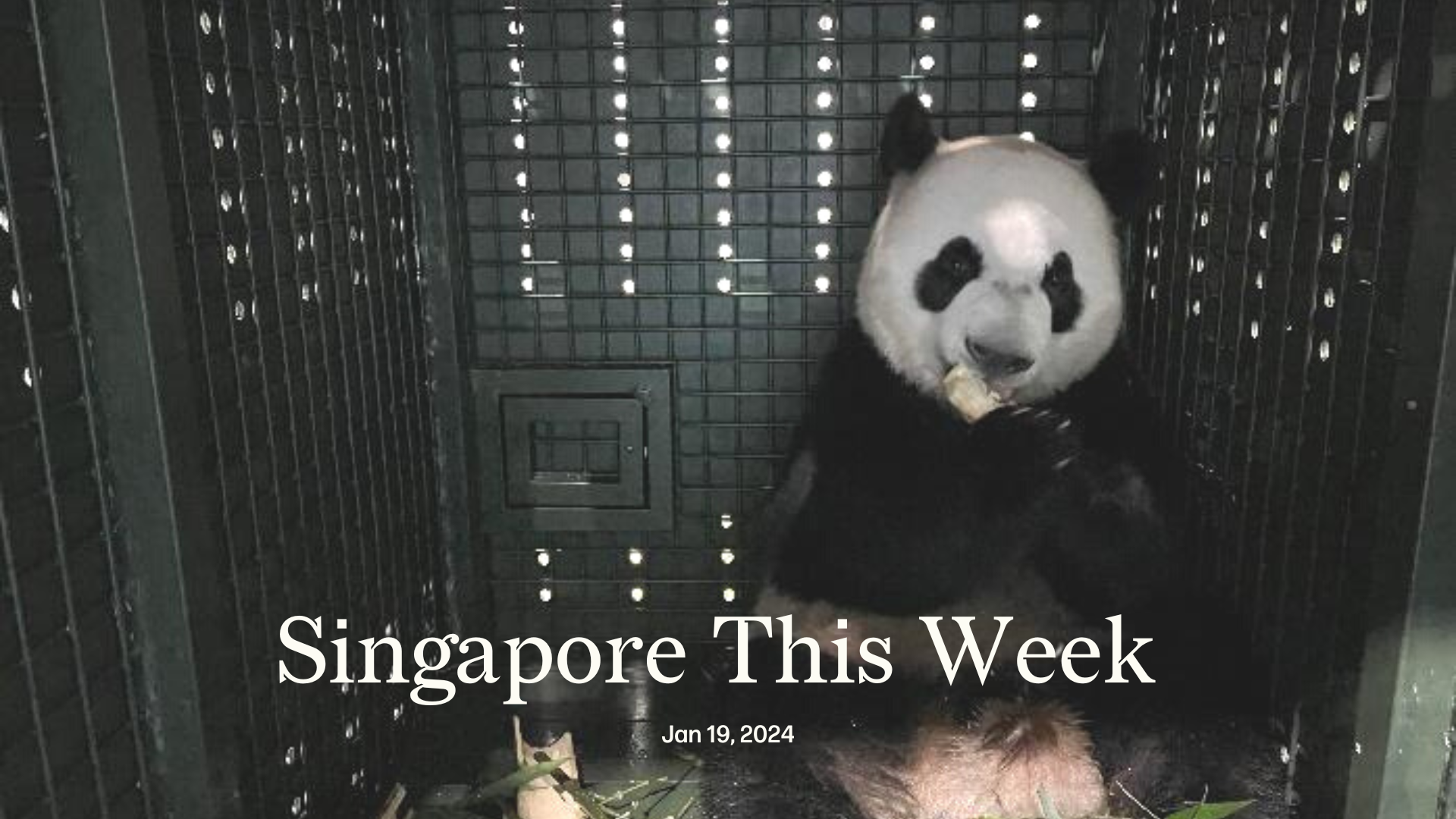
I read with wry interest the piece on the SimplyGo brouhaha (or is “debacle” a more apt word?)—my father has the same complaint/excuse of not seeing the fare for not “upgrading” [his card].
Anyway, as I am on holiday in Singapore as I write this, I am frustrated by need for various terminals, or at least pre-programming the EFTPOS terminal, to accept NETS payment over credit card, and the fact that many merchants will only accept credit card but not NETS (this is usually circumvented by using PayNow, which, being sightly technologically challenged, I do not have!). Even when NETS is accepted, they have to specify it’s NETS, and since the presumption seems to be paying via credit card, this adds a few tenths of seconds extra time per transaction, which over the course of a day throughout the island would add up to a not inconsiderable loss of productivity when there seems to be a simple technologically solution to this (eg. This doesn’t seem to be an issue in Australia, which is generally much more technologically backward than Singapore.).
And then there is the vexed issue of POSB/DBS ATMs not being interoperable with other banks for love or money. What’s with that?
For a country obsessed with efficiency and incremental productivity gains, these oversights seem baffling!
Zhuang Yi Zhong, Singapore
Responding to “Singapore This Week”, January 19th 2024
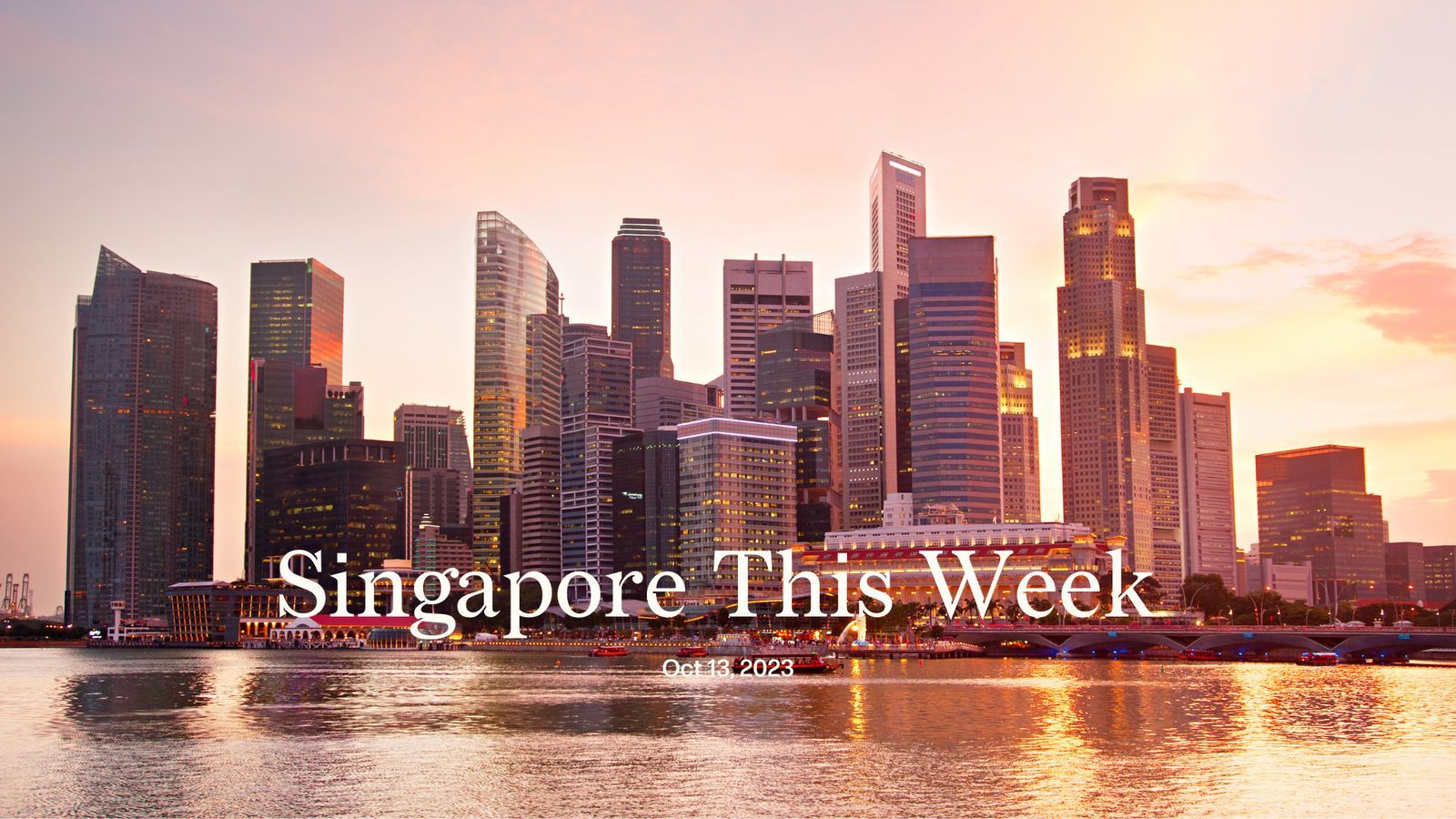
As always, I enjoy reading “History Weekly with Faris Joraimi” and it was clear that a lot of thought had gone into writing this week’s piece on Gaza. Yet, I also think that Jom has taken a bit of a cop out. From everything that I have read, there does not appear to have been a single military target of the Hamas attack. The attacks were on villages and the dance rave. The attacks’ only purpose seem to have been to kill and take hostage as many Israeli civilians as possible. In my mind, this would be the definition of a terrorist attack. The only difference between this attack and, for example, a lone terrorist opening fire on a bus, was its organised military scale. It is hard to argue with Israeli commentators who have described it as a “pogrom”.
To label this a “terrorist attack” does not in any way diminish the grievances of the Palestinians, their pent up frustrations or all the violence that Israel has also perpetrated against them, but I think we need to call a spade a spade. Had Hamas made a “break out” from Gaza to attack Israeli military facilities, then the debate would have been different. It did not.
Anonymous (name withheld as requested), Singapore
Responding to “Singapore This Week”, October 13th 2023
(Editor's note: In our response to writer, we pointed out that there do appear to have been military targets as part of the attacks.)
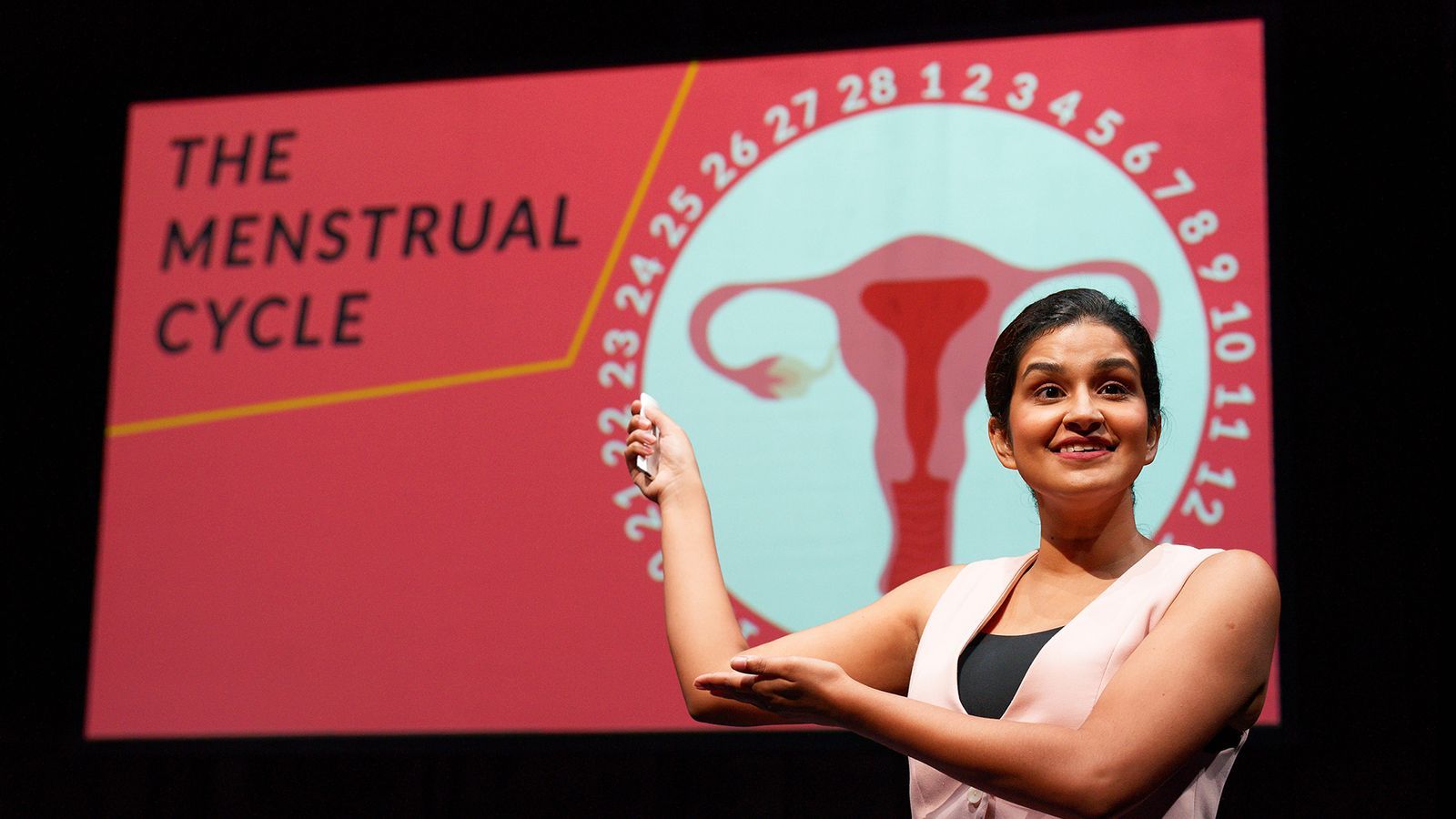
I read Aditi Shivaramakrishnan’s piece with interest and anticipation, as someone who had attended theatre performances at Wild Rice Funan but had missed out on “Psychobitch”.
Whilst the review part of the piece serves its purpose in enlightening readers on the product at hand (in this instance, the play), more than half of the piece is devoted to discussions around subjects that are outside of the scope of the play, which for me falls under the domain of art criticism.
This is not an invalidation of Ms Shivaramakrishnan’s acute observation and sentiment. In fact, her arguments make sense and I agree with some of the points she raises.
However, as a reader, one that is obsessed with writing structure, reading a piece that is an interplay between review and criticism makes it feel like I am straddling between two different, but connected platforms.
Thanks for reading and I look forward to the review on “HOTEL”.
Herna Efendy, Singapore
Responding to “Psychobitch: Anya’s lonely journey”, September 29th 2023

Singapore’s authoritarianism succeeds due to its base of economic control. The Singapore government together with its sovereign investment funds control large portions of the economy, and people fear being cut off from the job and business opportunities this part of the economy can provide. Hence, control succeeds with little overt coercion. Activists who think that they are being victimised should be happy that they are mostly just ignored.
Yuen Chung Kwong, Singapore
Responding to “Kirsten Han’s The Singapore I recognise”, August 25th 2023
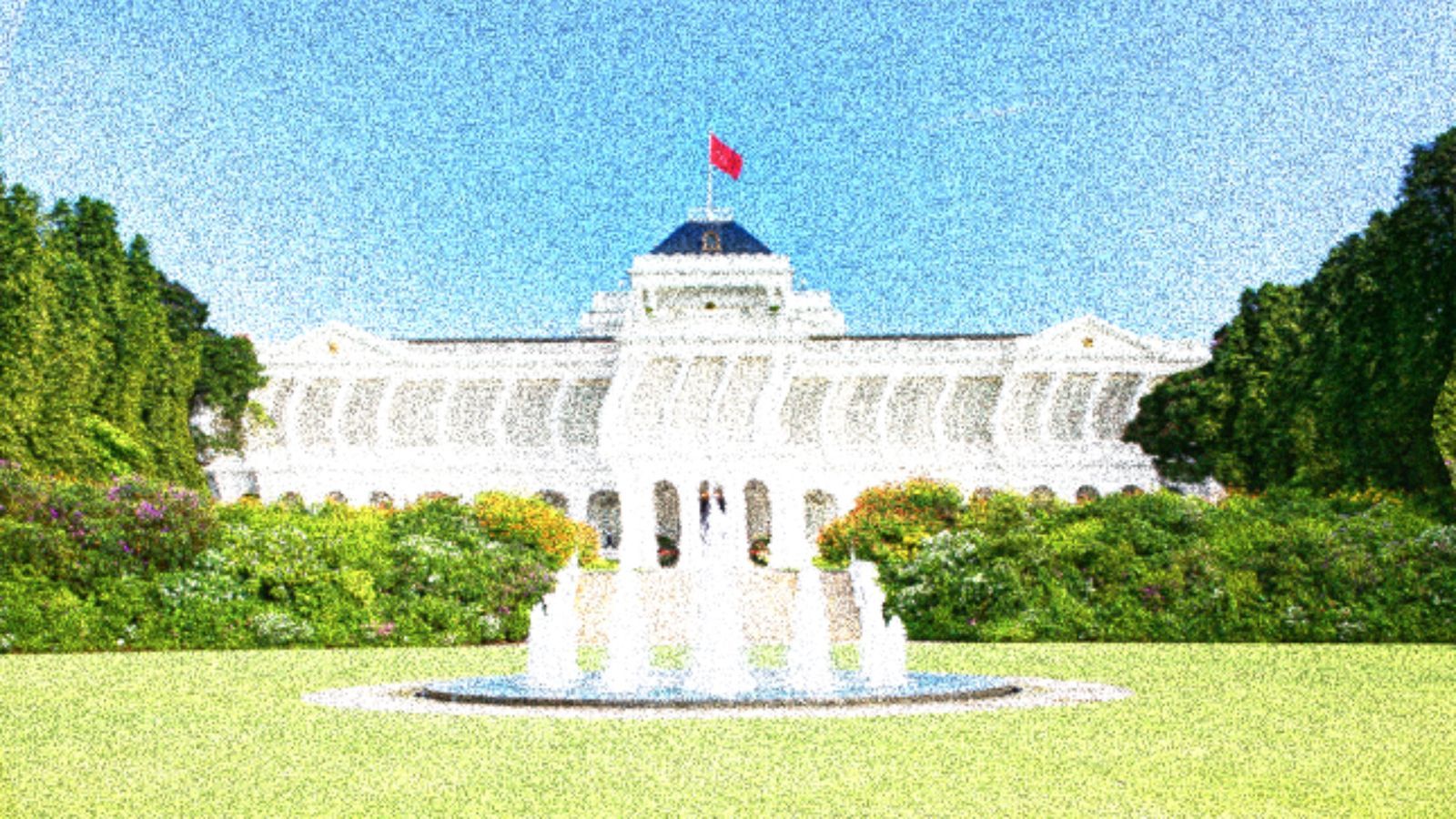
The following letters are responding to “Nobody’s independent: Singapore’s presidential election”, August 30th 2023
Your pre-election piece on the presidential election was well done, and I appreciated the focus on the differing conceptions of independence proposed by the candidates, as well as the historical development of the institution itself. There’re two main points that I’d like to add some food for thought:
1) The need for the president to check a ‘freak’-elected government and yet be ‘independent’ appears out of sync. If the president has to check the government on matters such as the appointment of key roles or vetoing the use of reserves, the implication is that they have to be imbricated with the establishment to some extent and have a good sense of the workings of the system. In that sense, are we speaking more about ‘independence’ of action, rather than their positionality? Your piece speaks of the ‘democratic dissonance’ that this divergence of expectations has created, but I would have loved a greater analysis of this point, and the development of expectations of an ‘independent’ candidate, especially in reference to the original debates over the presidency and the 2016 Menon Commission.
2) I’m writing this post-election, where president-elect Tharman Shanmugaratnam has romped to a landslide victory with 70.4 percent of the vote. Does this show a more ‘sophisticated’ or ‘discerning’ electorate that looks past racial lines? Or is Tharman a unique candidate whose popularity transcends other considerations? With his percentage of votes exceeding the [ruling] People Action Party’s in 2020, it’s clear even as people may have doubts about his supposed ‘independence’, they were comfortable with voting for him. So does the logic proposed for the ‘reserved’ presidency still stand? We cannot accept that we have a discerning electorate and yet treat them as bumpkins who only vote along racial lines; something has to budge.
Isaac Neo, Singapore
Loved the article. It was fascinating to read about the Office of the Presidency and how rapidly the rules have been evolving to tailor a desirable outcome for the government. What is more worrying is the statistics you derived of a super narrow pool of candidates, 0.044 percent of Singaporean adults that can easily qualify to run for president under the current rules—that is as thin and fragile as chee cheong fun! Ripe to bungkus the Office!
Sathia Varqa, Singapore
I have enjoyed reading your political commentaries for some time, and your pre-election essay “Nobody’s independent: Singapore’s presidential election” was no exception.
However, I feel compelled to express my discomfort in how this article portrayed the late Mr Chua Kim Yeow, Singapore’s first accountant-general. Quoting the purported adage among establishment folk that “even if one puts up a monkey, they’ll still get 40 percent of the vote”, in apparent reference to Mr Chua garnering 41.3 percent of the vote, is insulting to the memory and reputation of a gentleman who should be respected for performing a public service in standing for the presidential election. Furthermore, as we can see from the 2011 and 2023 presidential election results, this adage does not hold true.
C Chee

Jom’s recent “build-in-public” newsletter about the titling of Donald Low's essay, “How I nudged myself into losing 10kg in 10 months, as my doctor advised”, published on June 30th 2023, sparked a feisty discussion online. Three readers submitted letters on the issue.
I write to offer an alternative perspective on the recent discussion surrounding the title of Donald Low’s article. From my understanding, some have seen it as potentially ‘fatphobic’, a term that signifies bias or discrimination against overweight individuals. While I appreciate the diverse viewpoints within your team, I am particularly drawn to the opinion that the original title was not problematic, and I would like to explain why.
Modern academic discourse and activism sometimes tend to perceive every issue through the lens of identity-based oppression, often finding harm where it might not be intended. In this context, it appears that the ‘fatphobia’ argument applied to the title reflects this pattern, emphasising ideology over empirical evidence.
In the case of the discussed article, I believe the primary intention was not to shame those who are overweight or reinforce harmful stereotypes, but rather to narrate a personal journey towards achieving a health-related goal. The title, therefore, should be seen as reflecting an individual’s experience and ambition, rather than a prescriptive statement about body weight.
My concern lies in the potential consequences of conflating personal health narratives with broader social issues, such as body positivity or fat acceptance. Such an approach risks diluting the distinctions between these important discussions and overshadowing the very real health concerns linked to obesity.
Labeling the original title as ‘fatphobia’ ignores the context of the article and veers into the territory of cynicism. By hastily tying everything to accusations of fatphobia, we are at risk of oversimplifying complex issues and reducing them to mere buzzwords. It’s essential to consider the nuance and individual context of each narrative instead of resorting to blanket accusations.
In an interesting twist, my wife has brought up a counter-argument that I found worth sharing. She playfully, but earnestly, suggested that the criticisms may themselves be “healthphobic”—a term she coined to describe the fear or rejection of narratives that advocate for healthier lifestyles.
Nonetheless, I recognise the importance of engaging in open and respectful dialogue, considering the continuously evolving social context surrounding these matters. All perspectives deserve to be heard, analysed, and respected as we strive to navigate these sensitive topics.
Joshua Wong, Singapore
I’m not a subscriber so I wasn’t able to read Donald Low’s essay on weight loss in its entirety, but I agree with your colleagues that the title could have been reworked.
“As my doctor advised” doesn’t actually make things better. In fact, it reinforces the sometimes cursory and un-nuanced view of “health” that many people have, including medical practitioners. There is plenty of literature on the subject of thinness-fatness-health. What does “morbidly obese” mean, what are the yardsticks in terms of physical appearance, endurance AND bloodwork? I would ask the same questions of “painfully thin”.
I’m of your generation—quite a bit older, in fact—and I was discomforted by the title immediately. It smacks of clickbait. Someone like me who is recovered/recovering from anorexia might see hope in it in an hour of desperation. Just to be thin again.
I wonder if there could instead have been more of a hint of the *essence* of the story in the title beyond the word “nudge” and less of a brag, almost, of having lost a kilo a month. Regaining health and having had the opportunity to recalibrate were Low’s key outcomes, no?
Carolyn Oei, Singapore
I’m on the fence about the new title, for the very same reason your co-editors didn’t like the original but from the opposite perspective. As a behavioural scientist, I feel the new title divests Donald of his agency in nudging himself; just as the qualifier, “as advised by my doctor” helps to temper the perception that it’s for reasons of vanity, it also dilutes the intrinsic motivation he has to embark on this journey.
Having said that though, I do appreciate you providing the transparency and context of the editorial decision. I think as readers of a certain generation, I take some things for granted (that’s how unconscious bias manifests itself, right?) and any reminder to question my assumptions—for better or worse—is always good.
Serene Koh, Singapore
(Note: Serene is director, Singapore at The Behavioural Insights Team, aka the UK's “Nudge Unit”.)
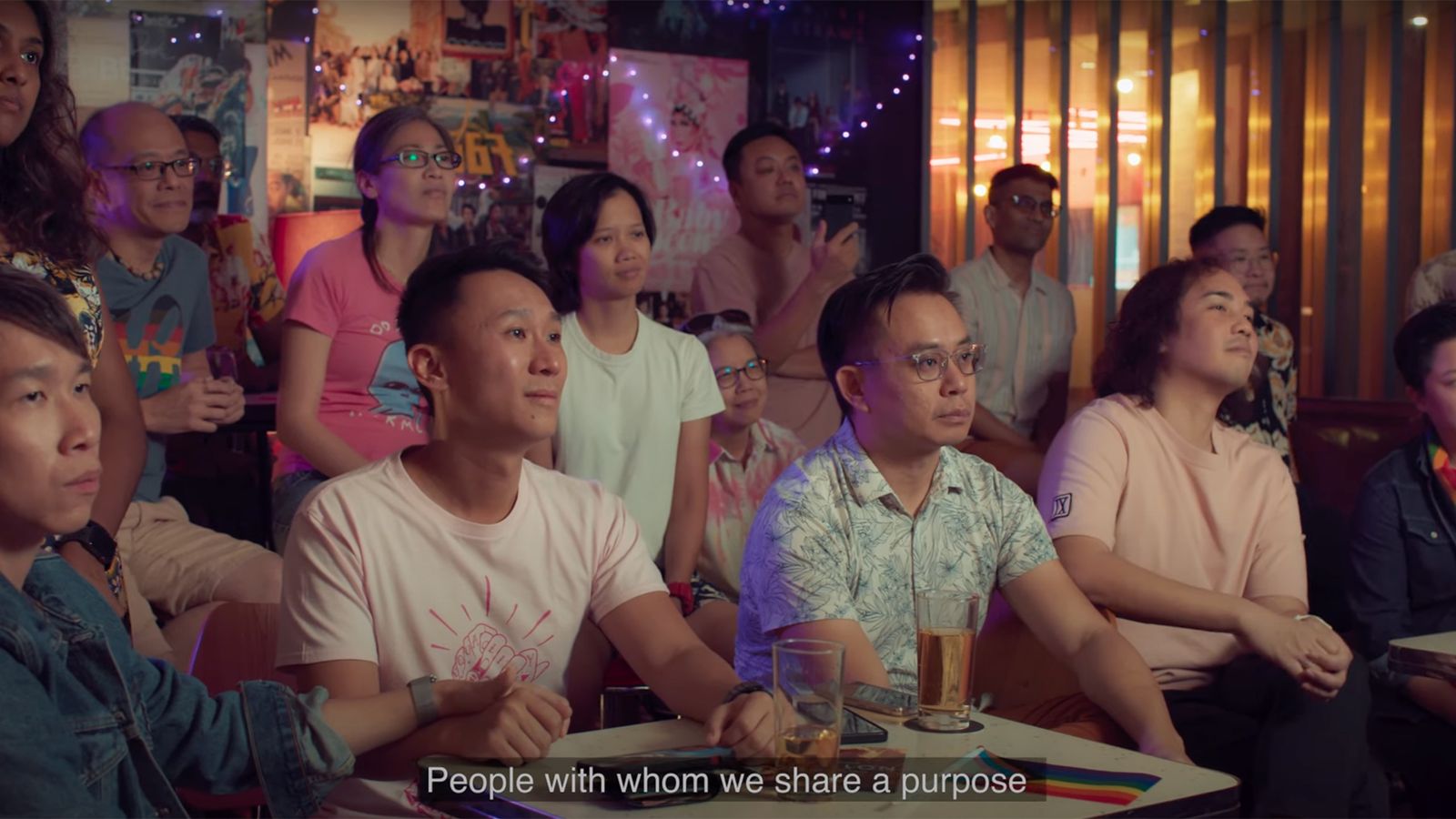
Queer politics in post-repeal Singapore absolutely must take the possibility of a far-right reaction to repeal as an extremely serious threat to the minuscule gains that queer organising has made so far, given that queer organising, both in Singapore and globally, is extremely outnumbered, both in terms of committed organisers and the scale of funding, by right-wing anti-queer organising.
The article disappoints by neglecting to stress that queer politics in post-repeal Singapore must take into consideration that the transgender genocide, which is in its opening phases in the US according to the Lemkin Institute for Genocide Prevention (Statement on the Genocidal Nature of the Gender Critical Movement’s Ideology and Practice, Red Flag Alert for Genocide - USA), may be coming to our shores, being brought by the worrying and growing trend of Christian anti-queer organising.
Taking a look at the financial scope of this organising, it can be seen from this article by openDemocracy (Revealed: S$280m ‘dark money’ spent by US Christian Right groups globally) that Christian far-right groups have massive amounts of money at their disposal. Of particular concern is an organisation mentioned in the report. Focus on the Family, which has a Singaporean branch Focus on the Family Singapore, was one of six shortlisted external vendors chosen to conduct sexuality education workshops in Singapore schools in 2010 (“Ministry picks groups to teach sexuality education”, The Straits Times).
Perhaps the most notable case in terms of far-right organising must be the 2009 AWARE takeover by a group of women affiliated with Church of Our Savior, in response to AWARE planning to roll out comprehensive sex education, which would include topics such as consent, contraception, and abortion, along with information about sexuality.
Ultimately, queer politics in a post-repeal Singapore must consider anti-queer reaction, spearheaded by a noisy, but powerful minority of Christian far-right actors, as a serious threat to the continued existence of queer organising in Singapore.
Anonymous, Singapore
Responding to “Queer politics in post-repeal Singapore”, June 16th 2023
(Note: Jom agrees with this letter writer’s need for anonymity, because of their fear of becoming “a target of anti-queer groups in Singapore”.)
Thanks for pointing out the inherent hypocrisy in Singapore’s approach to global heating. I’ve been trying for some time now to encourage the Singapore government to commit to decarbonising the world economy. A good start would be for Singapore’s two massive sovereign wealth funds (Temasek and GIC) to announce a credible and timely divestment schedule by 2030 or earlier. In addition, it should commit to no new funding for fossil fuel projects, and not refinancing any fossil fuel projects. This is especially pertinent since several of the banks it owns large stakes in, for example DBS and Standard Chartered, are massive funders of fossil fuel projects. It should also direct companies it controls, such as NTUC insurance, to not insure any new fossil fuel projects and related works. These companies should also divest their holdings of fossil fuel companies.
It should vote for activist shareholder motions to force companies to appoint climate-responsible board members, and for plans for companies to have a credible and timely schedule for decarbonising their operations. The companies it has big stakes in, for example Singapore Airlines and NOL, should have a clear and actionable goal to net zero by 2030. As it stands, the country has a shamefully slow and low target of 36 percent reduction in Emissions Intensity by 2030, which is completely inadequate to aim for limiting global warming to 2 degrees, let alone 1.5!
Singapore is exquisitely vulnerable to global heating, and it would be folly to think it could be insulated by its wealth. Witness people losing their minds when the sale of fresh chicken from Malaysia was suspended for a brief period. The impacts of the climate crisis on Singapore’s food security would be much worse. Despite our small size, we have huge per capita carbon emissions, and yet we are also uniquely positioned to make a principled and meaningful stand by not accelerating our descent to climate hell.
YiZhong Zhuang, Adelaide
Responding to “Singapore’s climate karma” in Singapore This Week, June 16th 2023

I really enjoyed reading the article “The awkwardness of ‘resilience’ in Singapore’s political discourse”, where the concept of ‘resilience’ was unpacked intelligently. I also thought that there are plenty of genuine, positive examples of resilience in the reality of neighbourhoods in Singapore away from the headline language and symbols promoted by the government. For example, neighbours pulling together during the pandemic showing concern and care for each other, parents’ support network given the stress on education in Singapore, teachers putting in exhaustive hours beyond what is required, and people organising and restraining themselves in crowded public transport. These are just some examples, and they are not particular to Singapore but innate values shared by all people. I thought the writer could have highlighted these too.
Sathia Varqa, Singapore
Responding to “The awkwardness of ‘resilience’ in Singapore’s political discourse”, June 9th 2023
Reading your recent coverage of POFMA (Protection from Online Falsehoods and Manipulation Act 2019) and Asia Sentinel—and having also viewed the parliamentary debate on whether a judge should be involved in issuing a POFMA directive—I was thinking of an alternative that could address all parties’ objectives.
Let us assume that the Government is right in that it wants the ability to act early to stop an online falsehood achieving virality. Let us further assume that transparency and objectivity certified by a neutral party of the relevant ministry's decision to issue a POFMA directive has value to our civic society.
The alternative that emerges is for the Government to proceed as it is currently able to, but to put in place a mandatory ex-post review process that is carried out by the non-executive branch (example a judge) that reviews every POFMA directive for objectivity.
As you pointed out, Asia Sentinel’s website shows the correction notice and the false statements of fact. If an ex-post review process existed, then each of the facts would be subject to independent scrutiny which can only benefit the Government (higher credibility) and the public (greater transparency). The process could further be expanded to trigger a review of falsehoods that were reported to the relevant ministries but where a directive was not ultimately issued. This could benefit the Workers’ Party’s (WP) attempts at combating the government’s misrepresentations of the BTO (Build to Order) proposal contained in the WP paper of 2019.
I confess that I don’t know if such a review process is provided for in the POFMA, or if it was debated before it was passed as law. If it is not, then surely this alternative should satisfy the government, the opposition parties and the citizens?
Mouli Chandramouli, Singapore
Responding to “Asia Sentinel blocked by Singapore sentinels” in Singapore This Week, June 9th 2023
(Note: Leon Perera's suggestion in the POFMA debate is about as close as Singapore has had to Mouli’s suggestion.)
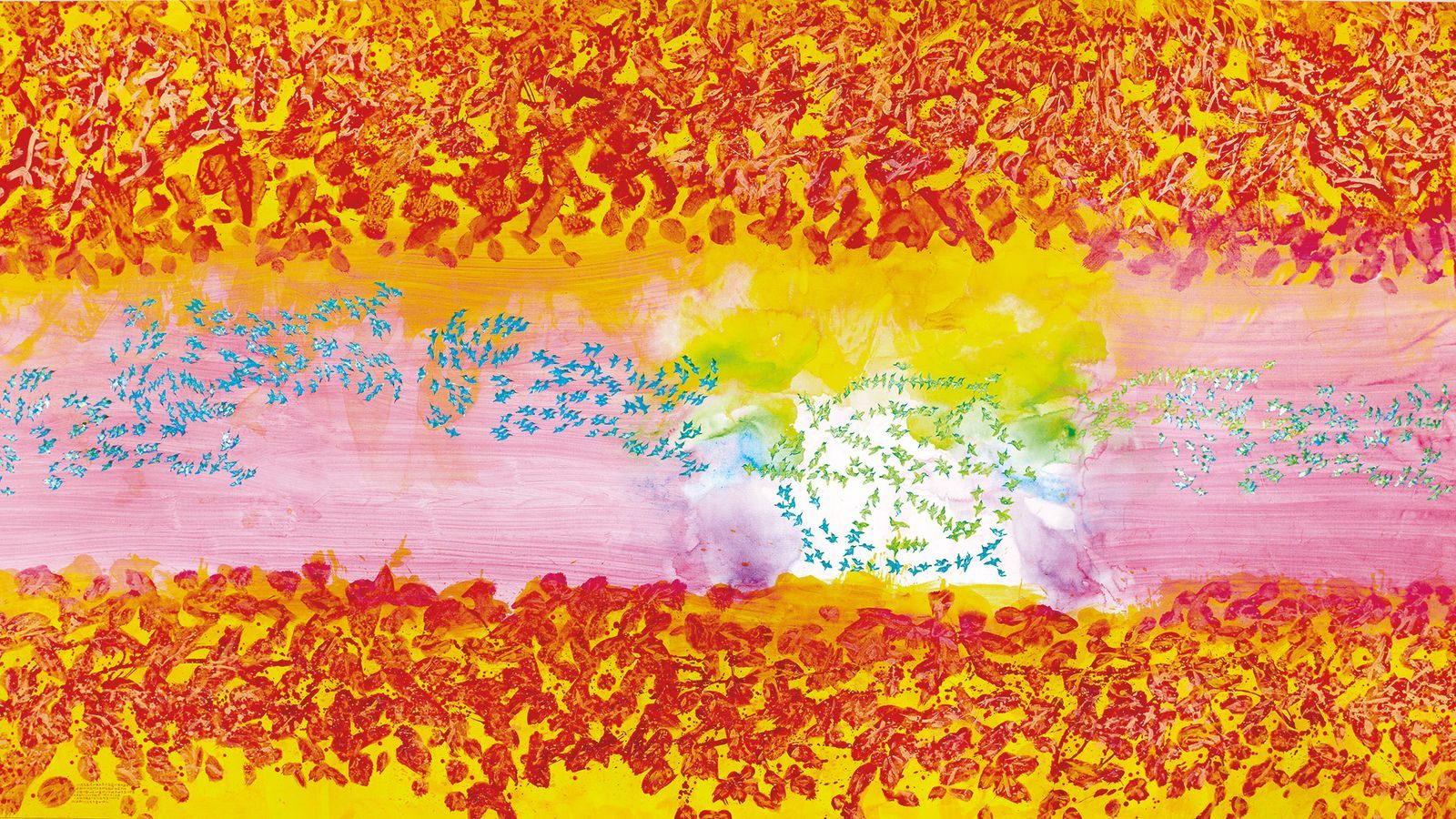
I just want Marissa Lee to know that I enjoyed reading her “Days of being mild: a Buddhist journey” very, very much. It was candid, sincere, informative, and also hilarious (such as her account of “the riots of contrasts” in Geylang). Her own enlightened discovery—“Buddhist practice is about relating to your environment skilfully, without getting caught up in notions of right and wrong. Without losing balance. Did you know that perfectly enlightened beings cannot feel anger?”—is much food for thought. But I have a long way to go before I can achieve what Marissa has. She shared: “It recently occurred to me…that I haven’t been bored in a long time. I’ve stopped using Netflix or YouTube as opiates, and I don’t need alcohol to help me scatter my aversion towards this hot, dense city.” For me, 68 this year and not interested in TV most of my life, I’ve strayed in the opposite direction recently—I’ve just discovered Netflix and AppleTV+. Marissa’s article must be a warning sign for me.
George Wong, Singapore
Responding to “Days of being mild: a Buddhist journey”, June 1st 2023

The comparison does not make any sense. Hong Kong is just a special administrative region within China. It is ideal as a financial centre as the Hong Kong dollar functions under a currency board system (the HKD is backed by USD assets) giving it stability and unlike the Chinese yuan enjoys full convertibility making it highly attractive for foreign investors. There is no point creating a duplicate manufacturing ecosystem in Hong Kong when neighbouring Guangzhou serves as a factory to the world. Shenzhen—30km away from Hong Kong—also has some of the world’s most state-of-the-art hi-tech companies that Singapore can only dream of. Singapore, in contrast, is an independent country that needs to diversify to survive.
Bobby Jayaraman, Singapore
Responding to “Why Singapore’s government and economy are outperforming Hong Kong’s”, April 21st 2023
(Note: Bobby has previously contributed to Jom.)
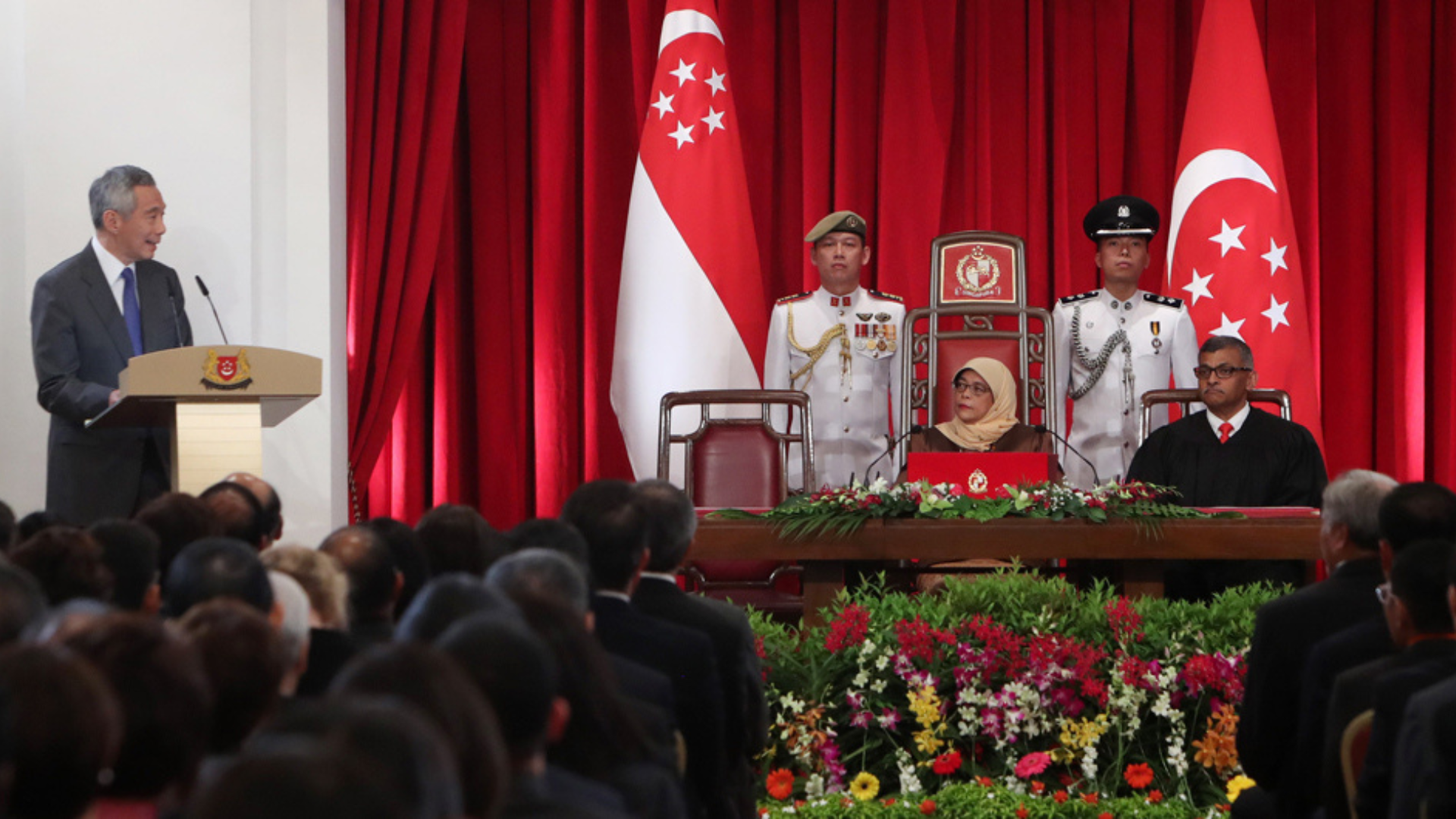
I’m not sure it is fair to label President Halimah as such [“a mere stooge”]. While one may criticise the manner of her election or the content of her official speeches, we should also remember that Madam President spoke up about issues that mattered to her. This includes issues concerning gender diversity across sectors, racial discrimination and, more lately, the caning of rapists. Whether one agrees with her stand in those issues is besides the point. More importantly, she went off-script and used her voice when she thought it important to do so. Not really stooge-like in my opinion. Whatever the misgivings against any political party or our political system/structures, I believe we have a principled and good-hearted President.
Suhaimi Zainul-Abidin, Singapore
Responding to “The president makes all the right noises”, April 14th 2023
(Note: Jom profiled Suhaimi in February 2023.)
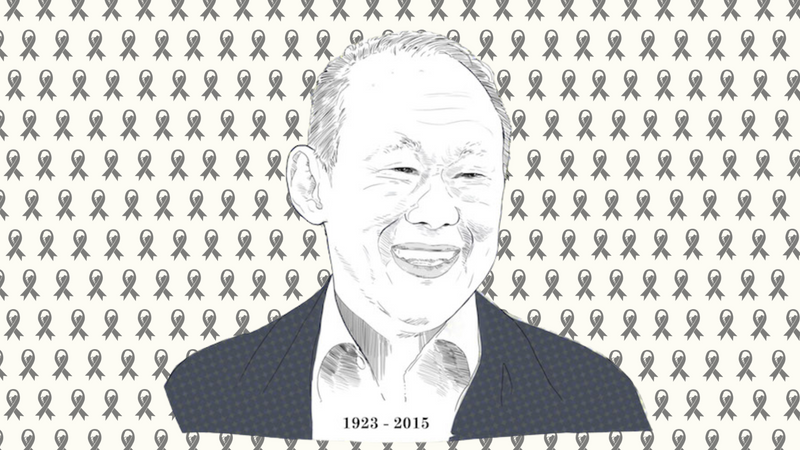
I grew up in the era of LKY [Lee Kuan Yew] when he took control of Singapore from David Marshall, in whose government my uncle had served. I was never a big fan of his, but I have had a newfound realisation of the forces LKY had to contend with when he was kicked out of Malaysia in 1965. He had to deal with a toxic cocktail of a multiracial society, a rabble of radical Chinese communist students, the British Government, Malay fundamentalists, and no resources other than a major port.
To be a successful politician, one has to be ruthless, or at least have a ruthless streak. The spectrum goes all the way from Stalin to Jimmy Carter. I am a great admirer of President Carter, who is a humanitarian, an idealist and a moral man. But he was seen as a “weak” leader, though many of us agreed with his long-term policies. Unfortunately, he is not viewed as being as successful as Ronald Reagan, despite the latter’s cowboy mentality and ruinous policies. In my view, Carter’s presidency is still greatly underestimated.
Globally, LKY is seen as a highly successful leader—though he had totalitarian instincts—primarily because he created a stable, high-value economy on a tiny island. It is a stunning achievement. It is curious to see that several of our professors at the Harvard Kennedy School are huge admirers of LKY. However, they would never have tolerated his political manoeuvring in an American president!
Good governance is about balancing values, interests and policies to ensure equity. It is an ugly fact that idealism does not work because people are selfish, unreasonable and even violent—as we saw in the English, French, American and Russian Revolutions. It is easy to be an idealist—but LKY had all the ruthless political skills of Napoleon, Franco or Mao to keep his rivals in check. But it was a veiled ruthlessness. He never actually killed anyone, but he felt justified in behaving as he did. Besides, his long-term calculus actually played out. Yes, it was not ideal—but what society is? I do not see all our high-minded democratic ideals being realised in the US either.
Regis De Silva, Cambridge, MA, USA
Responding to “The long shadow of Operation Coldstore”, February 3rd 2023

“The repeal of 377a” by Jom is the revelation every Singaporean should understand and ponder over. The gravity of the collective impact goes way beyond the “gay issue”.
I am heterosexual and I am disturbed by the blatant discrimination and injustice imposed on the LGBTQ community. To deprive another person of equal rights based on sexual orientation directly contradicts the tenets of democracy. By withholding equal rights, we are deepening fault lines, exacerbating divisiveness and promoting injustice as a norm in our community and instilling it in future generations.
While I am not surprised or thrilled by the middle-of-the-road approach undertaken by some MPs [members of parliament], like Mr Pritam Singh, his concerns as the Leader of the Opposition to avoid alienating the religious, conservatives and moderates who form the majority in the electorate are understandable.
While the religious communities are free to practise their beliefs; I do not endorse their rhetoric to block equality for the LGBTQ community or anyone their Gods may deem unfit. The mixing of religious sentiments, however well-meaning, should have no place in the development of democratic constitutions whose fundamental principle is to accord everyone, regardless of any religious affiliation or not, the same and equal protection and rights.
The machinations behind the repeal set a precedent that is worrisome. I pray I will never see the day when the access to abortions become curtailed by our Constitution because of pro-life convictions in Parliament. A scary thought, but not impossible now.
In the West, democracy may die in the darkness, but whatever is left of ours might just be white-washed into oblivion if we don’t speak up.
Waun Sun Chiong, Singapore
Responding to “The repeal of S377A: democracy, secularism, and acceptable speech under threat”, December 9th 2022
If you enjoy Jom’s work, do get a paid subscription today to support independent journalism in Singapore.
